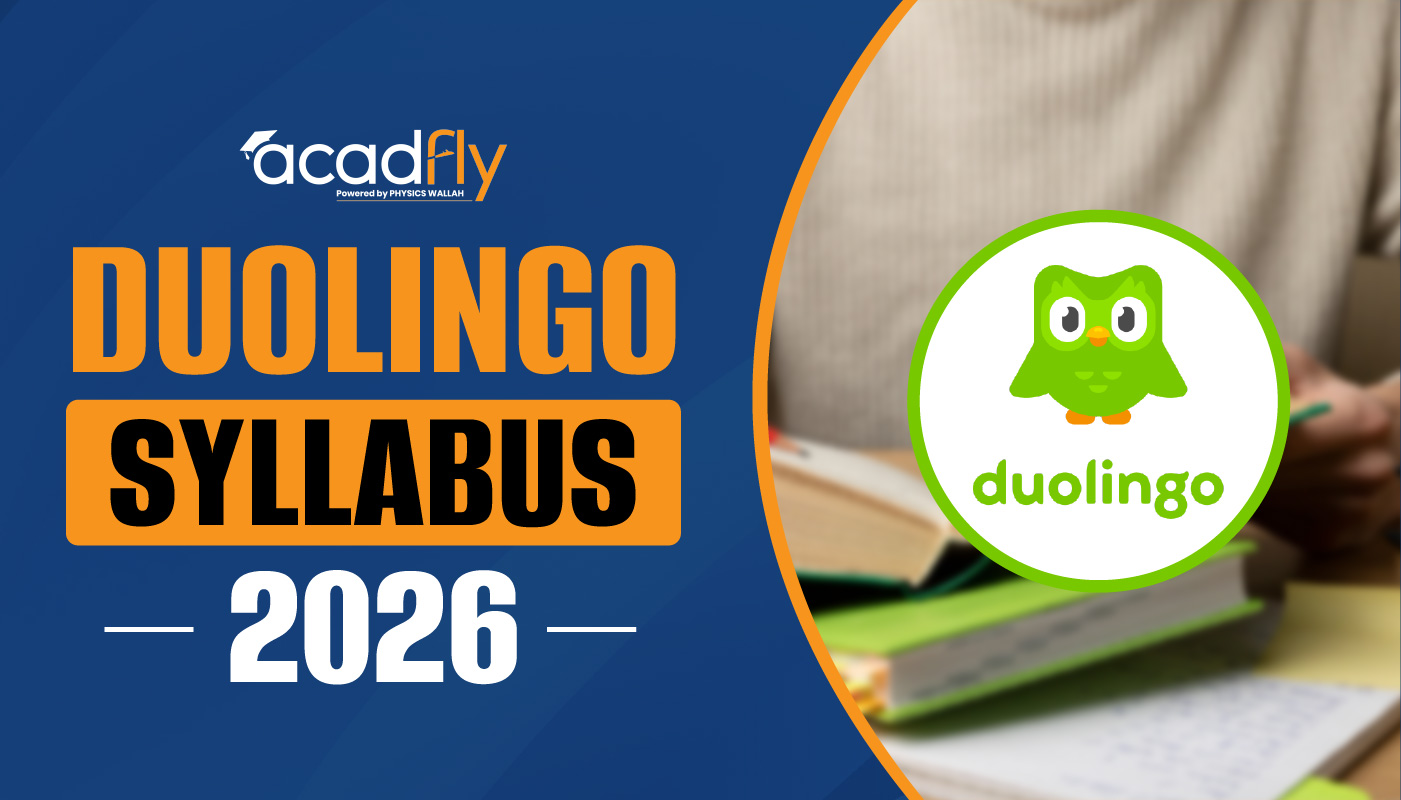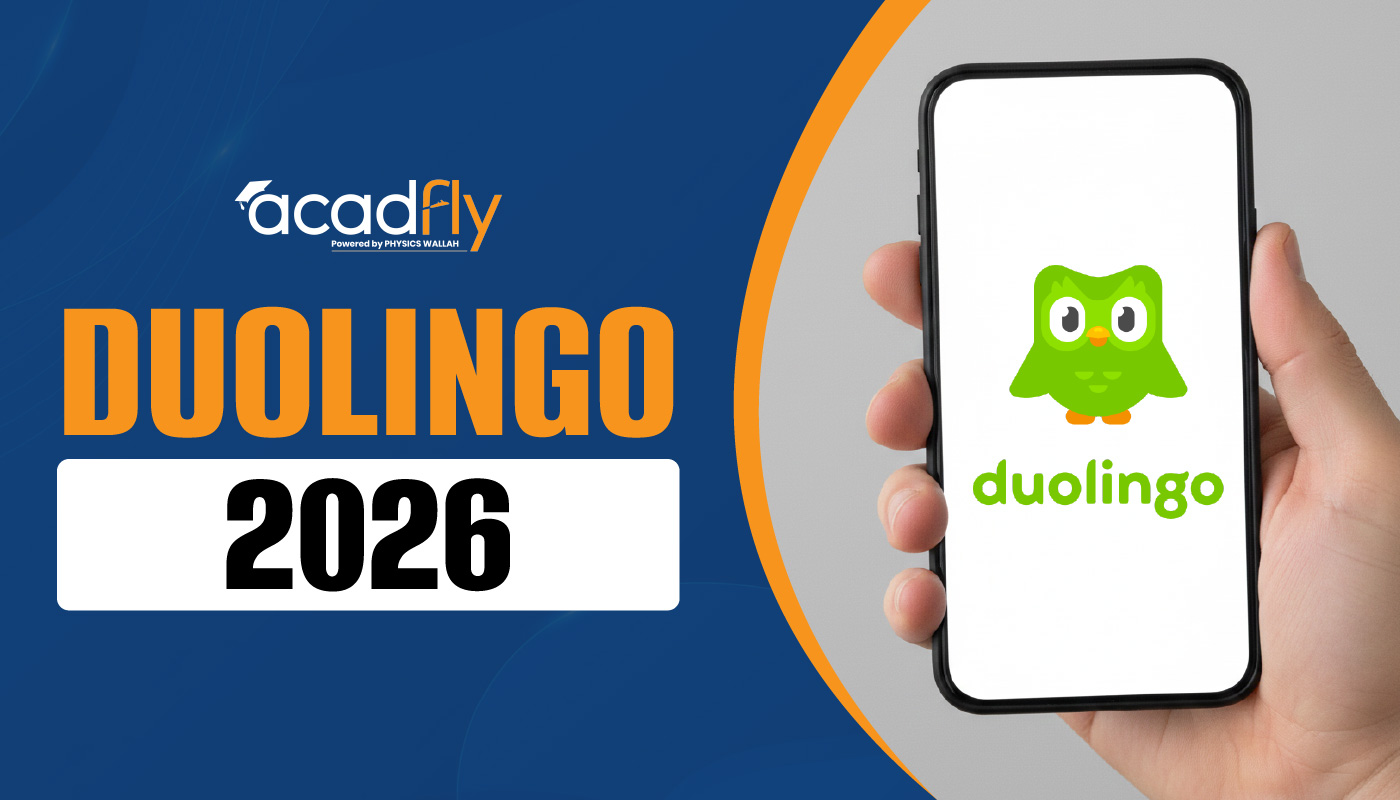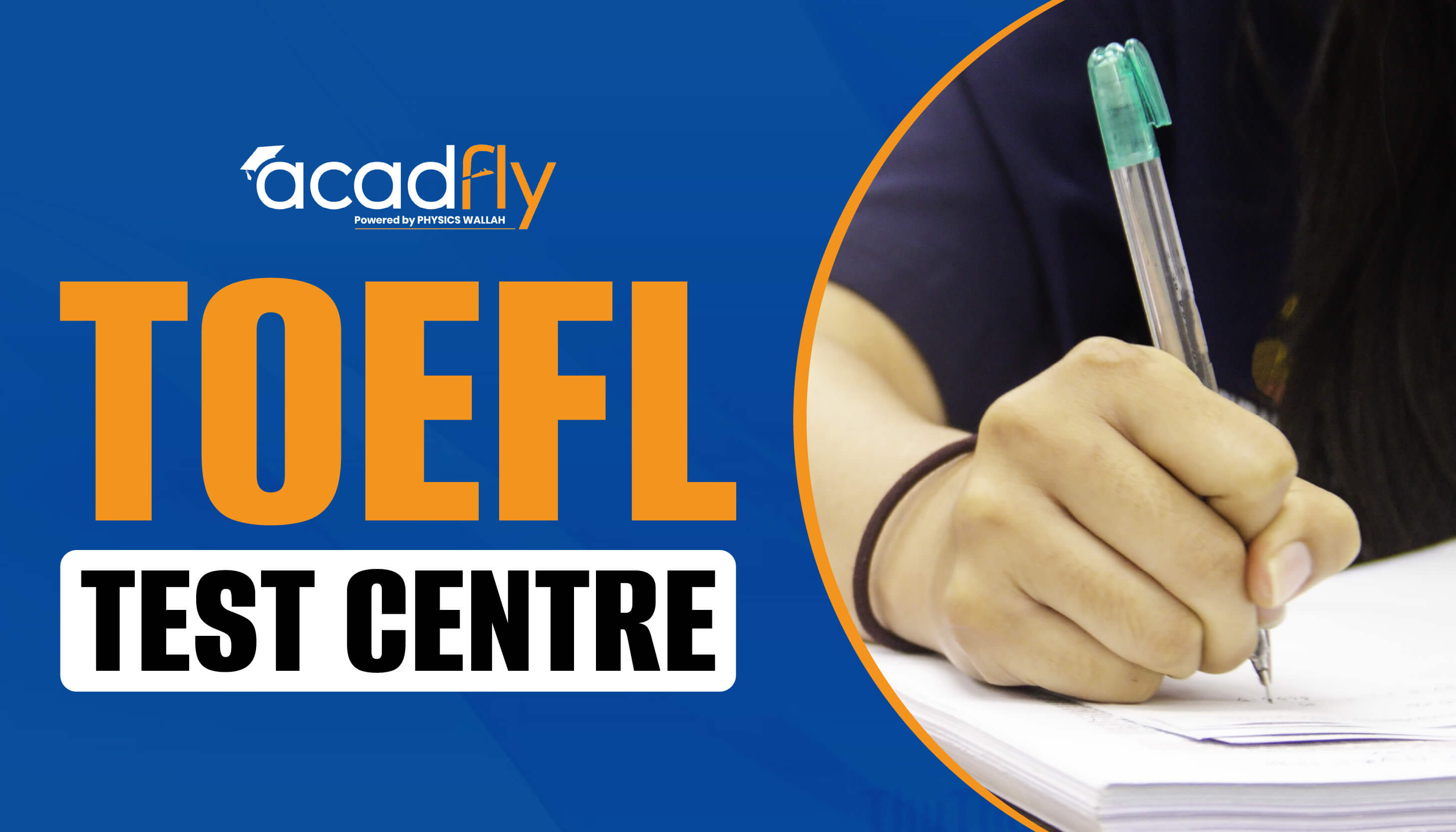
As you are well aware, Canada is one of the best countries in terms of having world-class education, and its colleges offer excellent programs for International Relations or Political Science. This guide provides a detailed overview of the top institutions, courses they offer, and which programs are sought after by international students.
Introduction
Your choice of institution for studying International Relations or Political Science can make a huge difference to your future career. If you are looking to study environmental sciences or forestry, Canada is the perfect place for quality education. In this article, we take a comprehensive look at the top universities in Canada for political science.
Best Universities in Canada for Studying Political Science
University of Toronto
Political Science: The University of Toronto, at an affordable cost, is consistently ranked one of the best universities to study political science in Canada. Its Department of Political Science is known for its high-quality research and teaching. The university itself utilizes several different undergraduate and graduate programs that explore numerous aspects of political science — such as comparative politics, international relations, and political theory.
-
Undergraduate Programs: Under the undergraduate programs, UOFT offers a Bachelor of Arts (BA) in Political Science which allows students to gain a broad knowledge of political systems, international relations, and political philosophy.
-
Graduate Programs: The university provides options like Master's and Ph.D. programs and subfields within Political Science with targeted training in public policy, international development, or political economy.
University of British Columbia
The University of British Columbia: Another good school for political science is UBC. The Political Science program at UBC stands out due to its interdisciplinarity and focus on the global.
-
Undergraduate Programs: A BA in Political Science is offered by UBC with specializations in International Relations, Political Theory, and Comparative Politics. Canadian Politics & Public Administration.
-
Graduate Programs: UBC has a top-tier reputation, and Ph.D. programs are considered among the best in Canada, with research areas including environmental politics, security studies, and political methodology.
McGill University
McGill University in Montreal has one of the largest political science departments in Canada and is renowned nationwide for its strength. We can create a massive body of academic literature, but even if honest and free from opportunism behind the pen, just trying to rebel against what exists allows few solutions… at McGill, we delve deeply into both theoretical understanding as well as practical applications of political science.
-
Undergraduate Programs: The BA in Political Science covers topics such as international relations, political theory, and public policy.
-
Graduate Studies: McGill offers Ph.D. programs that include research opportunities in the fields of comparative politics, international relations, and political economy.
University of Ottawa
The University of Ottawa is notable for its bilingual nature, with political science programs in French and English. This special feature offers students a different perspective on political issues.
-
Undergraduate Programs: The BA in Political Science at the University of Ottawa provides concentrations in Canadian Politics, International Relations, and Political Theory.
-
Master’s Programs: The university offers Master’s and Ph.D. programs. While M.A. programs offer a chance to concentrate on public administration, conflict resolution, or international development, Ph.D. programs provide advanced research opportunities.
York University
York University in Toronto is home to a quality political science program with an emphasis on Canadian and international politics. The university has a special focus on experiential education and research opportunities.
-
Undergraduate Programs: At York, you can get a BA in Political Science with concentrations in public policy, international relations, and Canadian politics.
-
Master’s and Ph.D.: The university has graduate programs as well — lots of them! The Ph.D. programs offer rigorous research training in political theory, comparative politics, and public policy among others.
Political Science Courses in Canada
Political Science courses in Canada are designed to offer students a full extent of knowledge of political systems, governance, and international relations. Here’s what is usually taught in these courses:
Undergraduate Programs
Basic courses that are commonly found in undergraduate political science programs include:
-
Political Science: Explores foundational concepts, theories, and methods within the subfields of Political Science.
-
Comparative Politics: This subject looks at different political systems and procedures globally.
-
International Relations: Examines different kingdoms within the global political environment.
-
Political Theory: Investigates various political ideologies and philosophical positions.
Graduate Programs
Graduate programs generally provide a level of specialization and research opportunities not available:
Graduate Seminar in International Relations
This seminar offers an in-depth exploration of various aspects of international relations, including the role and impact of international organizations such as the United Nations and NATO. Students engage in discussions and research on diplomacy, international conflicts, and global governance structures. The seminar often includes case studies of significant global events and conflicts, providing students with a nuanced understanding of international dynamics.
Public Policy Analysis
This program focuses on the process of public policy development and evaluation. Students learn to analyze the formulation, implementation, and impact of policies at local, national, and international levels. The curriculum includes methodologies for assessing policy effectiveness and the political and economic factors influencing policy decisions. Coursework often involves practical projects where students analyze existing policies and propose improvements.
Political Economy
Political Economy programs examine the intersection of politics and economics, particularly at the global level. Students study how economic policies and political decisions influence each other, exploring topics such as trade, development, and economic crises. The program emphasizes theoretical frameworks and empirical research, enabling students to understand complex global economic systems and their political implications.
Conflict Resolution
This specialization addresses the theories and practices of resolving political and social conflicts. Students explore various conflict resolution strategies, including negotiation, mediation, and arbitration. The program often involves simulations and role-playing exercises to practice conflict resolution skills. It also covers the role of international organizations and NGOs in conflict resolution and peacebuilding.
Comparative Politics
Comparative Politics programs analyze political systems, institutions, and behavior across different countries. Students examine how various political systems function and compare their effectiveness and impact. Topics may include electoral systems, political parties, governance structures, and public opinion. This specialization helps students develop a comprehensive understanding of how political systems operate in different cultural and economic contexts.
Political Theory
Political Theory programs delve into the philosophical foundations of political systems and ideologies. Students explore historical and contemporary political thought, including the works of key theorists such as Plato, Machiavelli, and Marx. The focus is on understanding different political philosophies, their influence on political systems, and their relevance to current political issues.
Environmental Politics
This program examines the political aspects of environmental issues and policies. Students study topics such as climate change, environmental regulation, and sustainability. The program often involves research on environmental policy-making processes, the role of international agreements, and the impact of political decisions on environmental outcomes.
Research Methods in Political Science
Graduate programs typically include advanced courses in research methods, equipping students with the skills needed to conduct rigorous political science research. Topics include quantitative and qualitative research methods, data analysis, and research design. Students learn to apply these methods to various political science subfields, including international relations, public policy, and comparative politics.
courses related to political science in canada
Along with the core political science curriculum, students may choose to take several other relevant electives. These may include:
-
Economics: Understanding economic ideas and their role in political decisions.
-
Law: Introduction to constitutional law, international law, and human rights.
-
Sociology: Studies how social forces affect political behavior and outcomes.
-
Geography: Focuses on geographic dimensions of political issues, like resource availability and spatial strategies.
which courses are in demand in canada for international students
Many politics courses deal with:
-
Political Institutions: Study of government structures, voting systems, and political parties.
-
Political Behavior: Study of how individuals and groups practice politics and shape policy.
-
Public Administration: Emphasis on the administration of public agencies and introduction to various government policies.
-
Global Issues: Examination of how the globe might best confront major world problems such as climate change and terrorism.
In-Demand Courses in Canada for International Students
In Canada, several students from overseas primarily seek courses that focus on practical skills and a global work perspective. Below are some of the most popular courses:
-
International Relations: Focuses on diplomacy, global conflicts, and international organizations.
-
Public Policy Studies: Training in policy analysis, program evaluation, and governance that benefits candidates interested in the public sector.
-
Environmental Politics: Examines global and local dimensions of environmental challenges about sustainable development.
-
Digital Politics: Studies the impact of technology and social media on politics.
These courses remain popular due to their contemporary nature in the current globalized world and their applicability across multiple professional domains.
Conclusion
Canada is a paradise for students wanting to pursue their careers in the field of International Relations and Political Science. Whether through a top-notch institution like the University of Toronto or McGill or with specific programs and courses designed around their academic and career aspirations, the right university and corresponding courses, if selected appropriately, provide students with a stepping stone to the world of political science, allowing them to confidently begin their careers in this field with experience under their belt.
FAQs:
1. What are the best universities in Canada for political science?
The top universities include the University of Toronto, University of British Columbia, McGill University, University of Ottawa, and York University.
2. What are some popular political science courses in Canada?
Popular courses are Introduction to Political Science, Comparative Politics, International Relations, and Political Theory.
3. What courses come under political science studies in Canada?
Related courses include Economics, Law, and Society Courses (such as Sociology or Geography).
4. Are there specific programs for international students?
Yes, many universities offer specialized programs focusing on global issues, public policy, and environmental politics, making them popular among international students.
5. What makes Canada a good choice for studying political science?
Canada is known for its high-quality education, diverse political science programs, and global perspective, making it an attractive destination for international students.
Frequently Asked Questions









